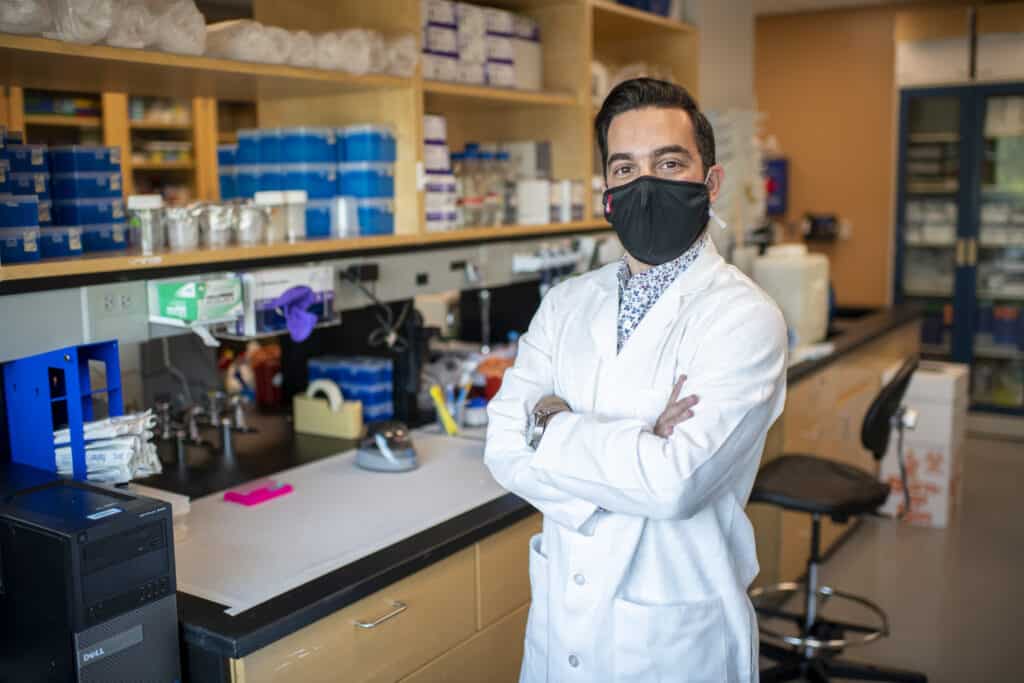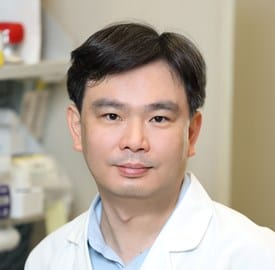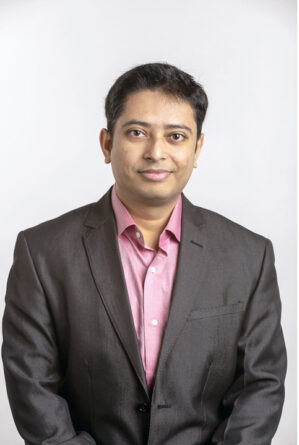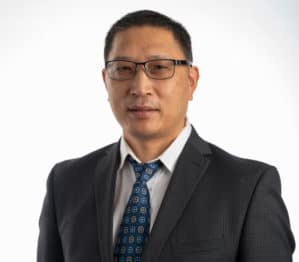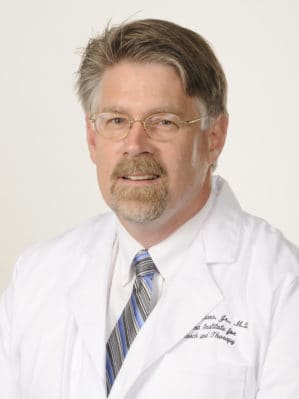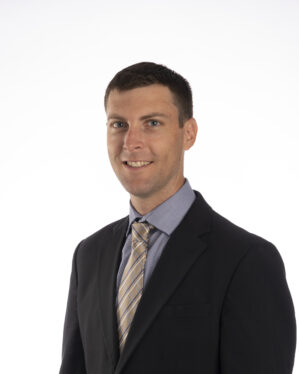
Dr. DelNero is an assistant professor with the Division of Community Health and Research in the Department of Internal Medicine at the University of Arkansas for Medical Sciences (UAMS). His research involves implementation science, community engagement and biomedical engineering.
DelNero studies the connection between the Cancer Institute and the catchment area. The ‘catchment area’ refers to the geographic area that UAMS serves in its research, treatment and outreach. The catchment area provides a geographic scope to monitor cancer trends, identify pronounced disparities and enact cancer control strategies. Information about the catchment area can improve the implementation of evidence-based programs to reduce the burden of cancer. A better understanding of the catchment area ensures that all segments of the population benefit from advances in cancer prevention, early detection, treatment and survivorship care.
DelNero also studies the relationship between blood vessels and cancer metabolism. He developed “tumor-on-a-chip” devices to investigate tissue perfusion and cell energy status. His research contributed to new strategies to predict whether patients are likely to benefit from drugs that target specific metabolic pathways.
DelNero completed a postdoc with the Implementation Science team in the Division of Cancer Control and Population Sciences at the National Cancer Institute. He earned a bachelor’s degree in chemical engineering at Vanderbilt, a Master’s in Public Health at Harvard and a Ph.D. in biomedical engineering at Cornell. His articles appeared in CEBP, Nature Protocols, Science Translational Medicine, Advanced Drug Delivery Reviews and Biomaterials.
DelNero is originally from Kansas. Outside of lab, he enjoys spending time with friends and family. His hobbies include baking and running. Last month, he hiked the Ozark Highland Trail and fell in love with the Arkansas mountains. He is excited to join the team at UAMS!
pdelnero@uams.edu
(501) 526-4340
CI-10166

